Africa
SADC forces withdrawal and M23 advance heighten DRC crisis-Analyst
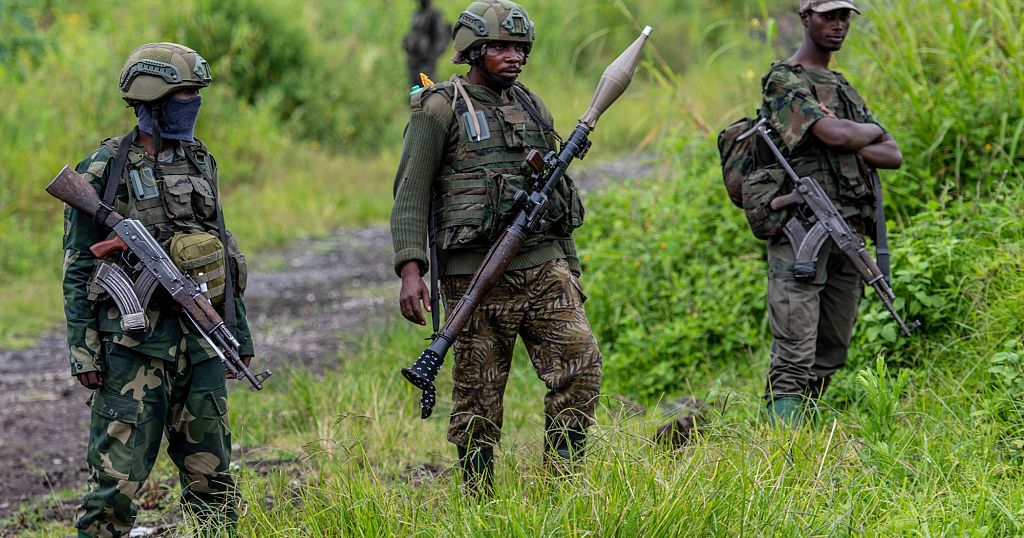
Around 1,300 SADC soldiers are set to leave the country as the M23, backed by Rwanda, continues its advance. Despite diplomatic sanctions, Kigali remains steadfast, defending its sovereignty.
Congolese analyst Christian Moleka warns that this situation is creating conditions for instability in the already fragile and mineral-rich eastern DRC.
“The complexity of the Congolese issue lies in the balancing act, where points are given to both Kinshasa and Kigali,” Moleka explains. “This approach, however, is unfavorable to Kinshasa. While pressure and sanctions have been directed at Kinshasa, Rwanda continues to receive small concessions that balance the situation. But this strategy will not fundamentally resolve the issue; it may calm tensions in the short term, but the international community must eventually recognize who the aggressor and the victim are,” said Christian Moleka, a political analyst.
The SADC’s exit from the DRC is seen as a strategic failure, as Kinshasa had hoped to weaken the M23 militarily, as was done in 2013. However, the Congolese military lacks resources, and during their capture of Goma and Bukavu, the M23 managed to recruit dozens of soldiers who had fled the frontlines.
“There are significant reforms needed in the security apparatus,” says Moleka. “Internal cohesion must be restored, and this will depend on the president’s ability to maneuver and use political levers to foster unity, reduce internal conflicts, and implement necessary reforms, particularly in military leadership. While there are still options, much depends on the choices made by key players,” said Christian Moleka, a political analyst.
Kinshasa is also hesitant to engage in direct negotiations with the M23 under Luanda’s mediation. According to Moleka, the DRC has little choice but to enter into dialogue; at worst, the government may attempt to delay the talks by claiming the M23 is raising its demands.
“Kinshasa has little room to avoid going to Luanda,” Moleka says. “International pressure is mounting for direct negotiations. We’ve seen this in Resolution 2773, at the African Union, and during the EAC-SADC summit, which calls for indirect talks. The M23 continues to advance in South Kivu, and there are concerns about the spread of fighting into regions like Kindu, Maniema, Tshopo Kisangani, and Katanga. This risk is also weighing heavily on Kinshasa,” said Christian Moleka, a political analyst.
Meanwhile, the security and humanitarian situation remains critical in several North Kivu cities.
In response to the escalating crisis, UNHCR is urgently calling for international mobilization to prevent a full-blown humanitarian disaster. Without immediate assistance, thousands of lives are at risk.
Africa
Unprecedented trial for apartheid atrocities opens in South Africa
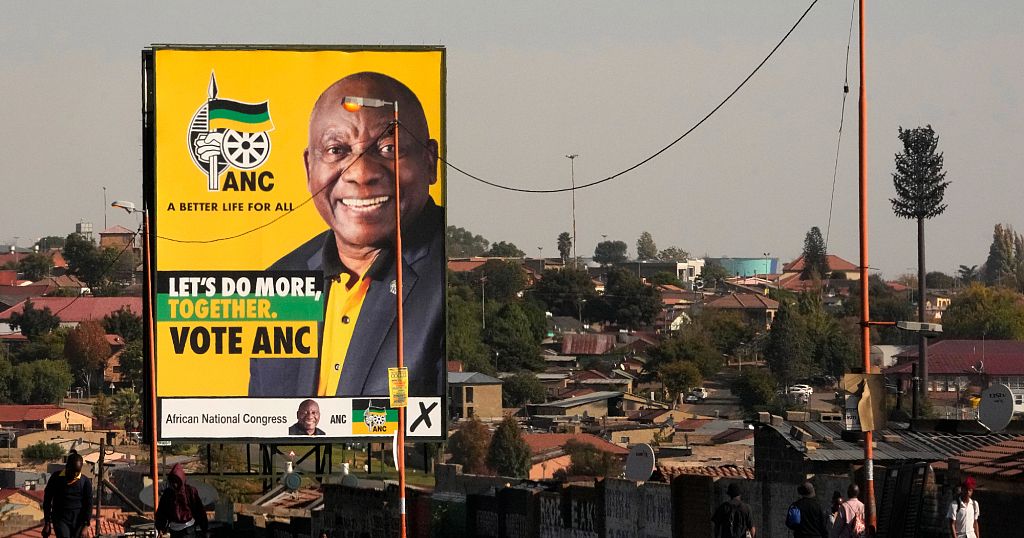
A significant step by South Africa’s legal system in confronting the atrocities of the country’s dark political past.
A judge this week approved the trial of two apartheid-era police officers for their involvement in the 1982 assassination of three student activists.
The prosecution is unprecedented. Until now, no individual had been held accountable for the crime of apartheid.
The case centers around three young freedome fighters killed in an explosion in 1982. The victims were part of a resistance movement opposed to the apartheid regime which enforced White-only rule and domination over the Black majority.
Experts say the trial could open the door for others.
Also this week, South Africa reopened an investigation into the death Albert Luthuli, a former president of the African National Congress (ANC) and Nobel Peace Prize laureate, who was killed in 1967.
The prosecuting authority seeks to have the findings of previous inquests into Luthuli overturned.
The authorities at the time had concluded that Luthuli’s death the result of an accident.
The development comes more than 30 years since South Africa became a democracy and after a Truth commission unearted numerous atrocities.
Africa
Tunisia jails opponents, critics of President Saied
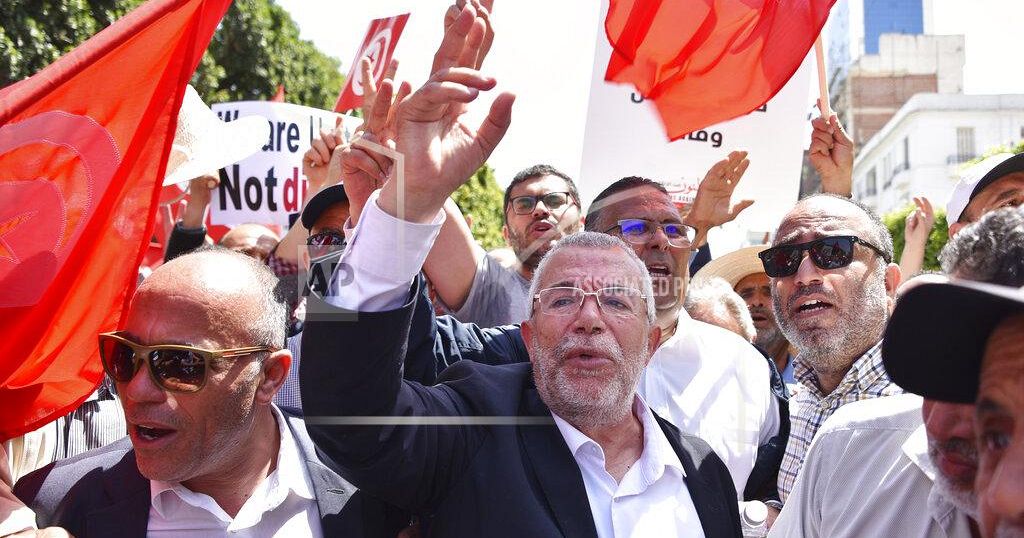
Tunisia on Friday handed opponents of President Kais Saied lengthy jail terms after convicting them of plotting against state security.
Issam Chebbi and Jawhar Ben Mbarek of the opposition National Salvation Front coalition, as well as lawyer Ridha Belhaj and activist Chaima Issa, were sentenced to 18 years behind bars, their lawyer said.
Businessman Kamel Eltaief received the harshest penalty of 66 years in prison.
They are among forty people, including high-profile politicians, businessmen and journalists, who who were being prosecuted on security and terrorism charges.
Critics say the charges lacked merit, and only served to consolidate Saied’s power grab.
The president won re-election virtually unchallenged last year after the jailing or disqualification on flimsy grounds of his opponents.
Saied has ruled mostly by decree since dismissing parliament in 2022 and promulgating a revised constitution giving himself wideranging powers in 2023.
Africa
Tanzania opposition says jailed leader not seen by family, lawyers
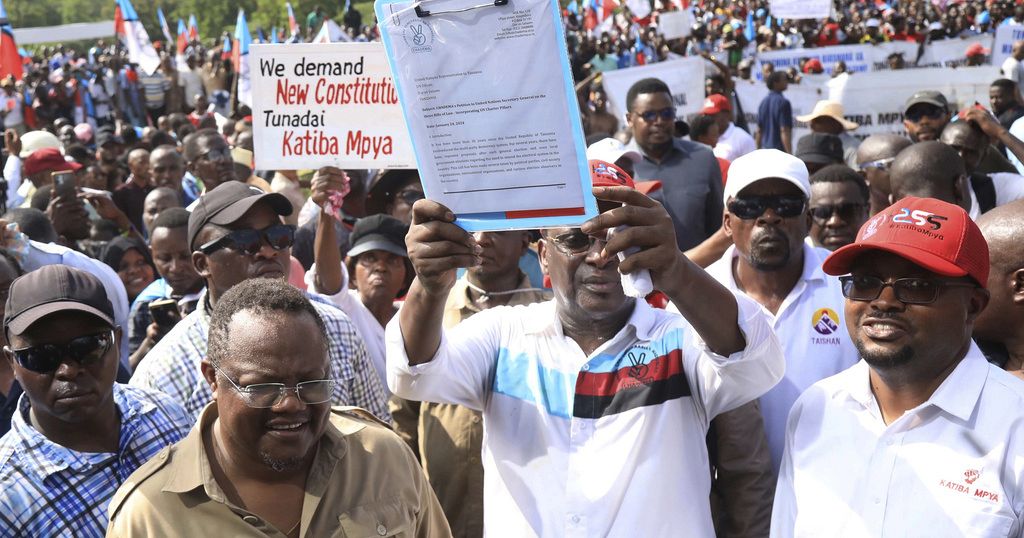
Tanzania’s main opposition party said it had failed to get access to its leader who is in detention on treason charges.
CHADEMA said Friday that the family and lawyers of Tundu Lissu had failed to see him at a Dar es salaam jail where he had been kept since his arrest on April 9.
In a statement, the party said it held the Tanzanian government and Prisons Service responsible ble for Lissu’s safety.
The Prisons Service quickly denied that Lissu had been moved from jail.
In a statement, the agency dismissed CHADEMA’s concerns as misinformation.
“We would like to inform the public that Tundu Lissu is safe and he is still detained at Keko Prison in Dar es Salaam according to the country’s laws and procedures,” the Service said in a statement.
Lissu came second in Tanzania’s 2020 presidential election. Last week, he was arrested and later charged with treason after a speech demanding election reforms.
Prosecutors said the speech called for an uprising.
With another presidential vote on the horizon, critics say President Samia Suluhu Hassan’s government has ramped repression against the opposition.
This week, the election commission banned CHADEMA from taking part in elections after the party refused to sign a document pledging to obey the commission’s orders.
-

 Education1 day ago
Education1 day agoHarvard’s battle with the Trump administration is creating a thorny financial situation
-

 Sports2 days ago
Sports2 days agoAaron Rodgers ‘not holding anybody hostage’ as he decides his future, retirement a possibility
-
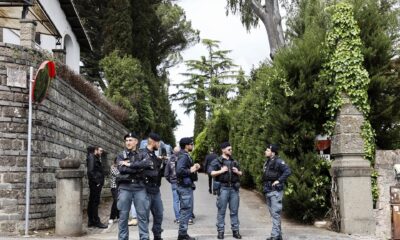
 Middle East10 hours ago
Middle East10 hours agoIran says progress in nuclear talks with US, confirms third round next week | News
-
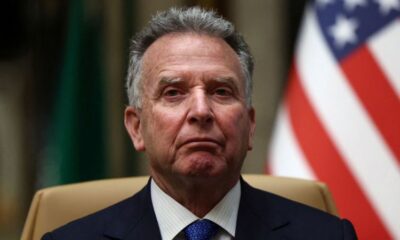
 Europe1 day ago
Europe1 day agoTrump’s ‘lone ranger’: How Steve Witkoff became the defacto point man on America’s foreign policy challenges
-

 Lifestyle1 day ago
Lifestyle1 day agoSweets from the sky! A helicopter marshmallow drop thrills kids in suburban Detroit
-
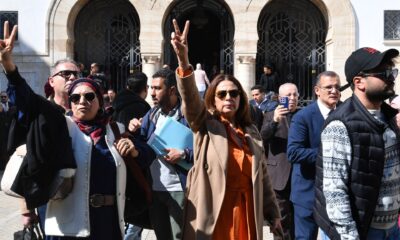
 Middle East17 hours ago
Middle East17 hours agoTunisian court hands opposition figures lengthy jail terms | Human Rights News
-
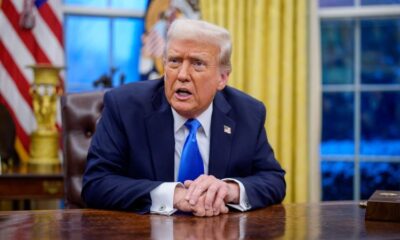
 Europe1 day ago
Europe1 day agoThe Trump administration says Europe is taking advantage of the US. That’s not exactly true
-

 Conflict Zones1 day ago
Conflict Zones1 day agoTrump says US may ‘pass’ on helping end war if Russia, Ukraine resist deal | Russia-Ukraine war News



